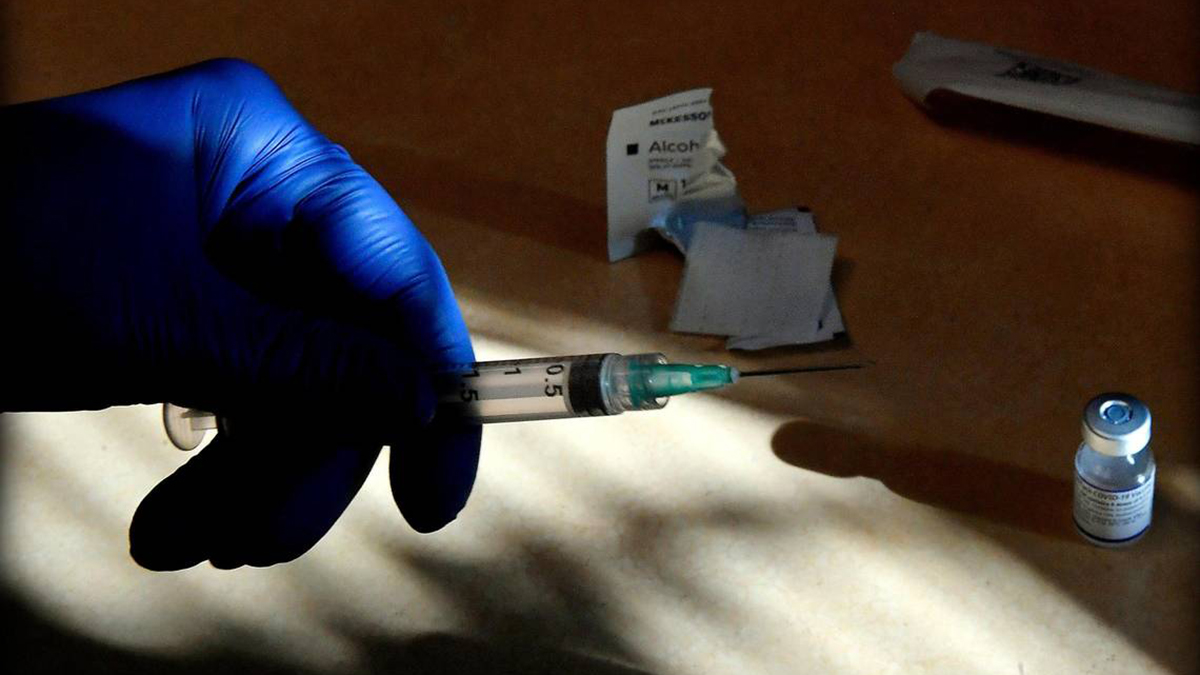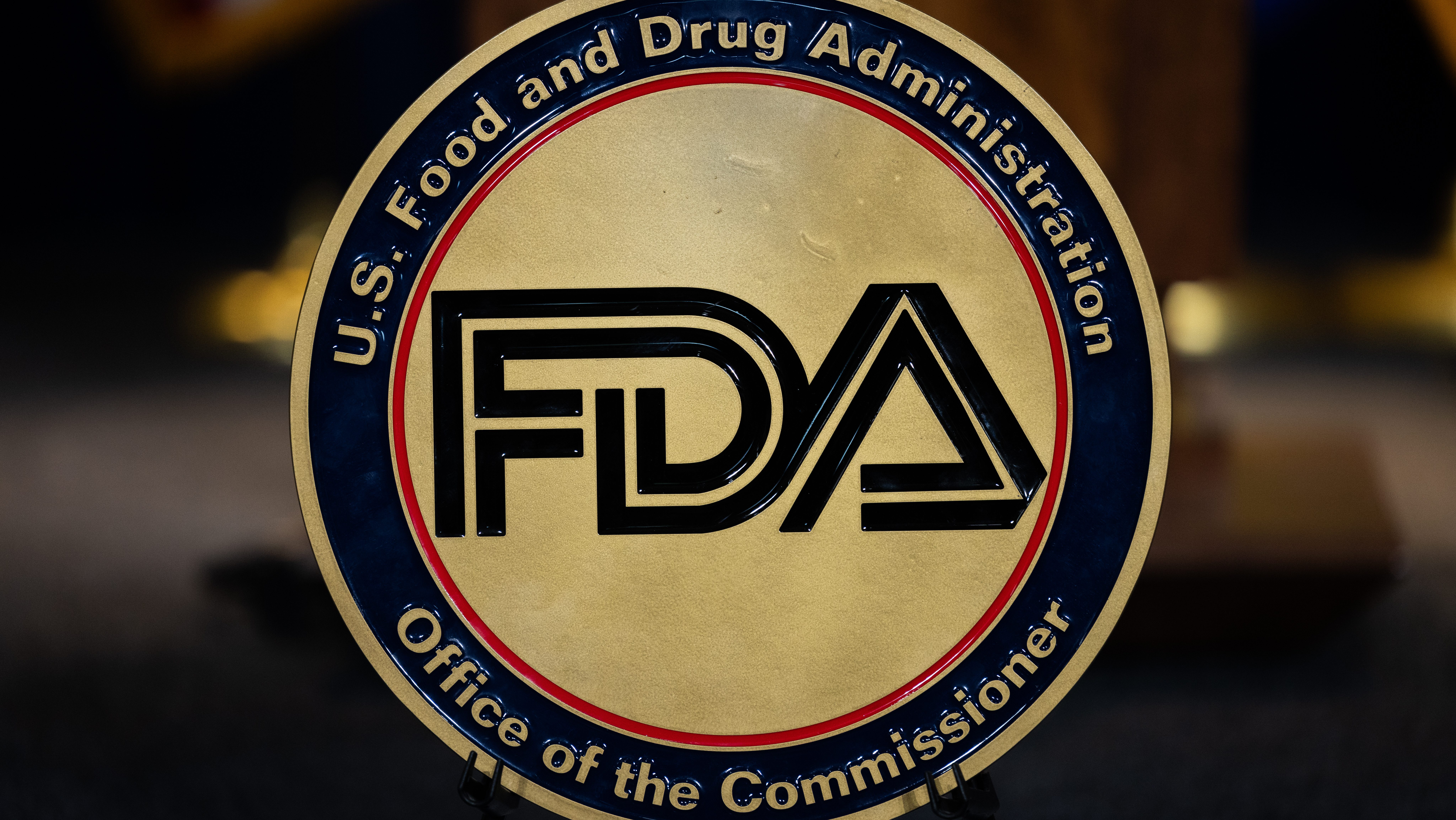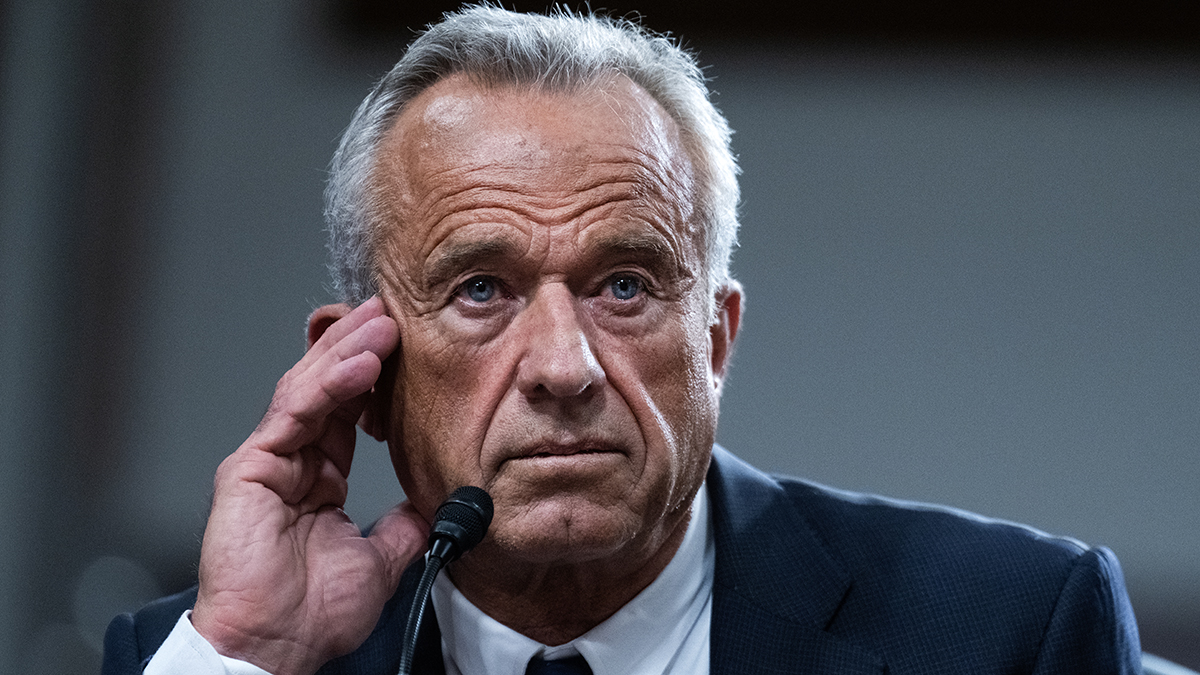Fluoride Water Ban: Is Your State Next to Ban It?
When the F-Word is 'Fluoride': Is Your Water Next?
Introduction: The Silent Debate Bubbling in Your Tap
Imagine turning on the tap, expecting a refreshing glass of water, only to discover there's a hidden ingredient causing controversy. That ingredient is fluoride, and the debate surrounding its addition to public water systems is heating up. Florida is on the verge of becoming the second state in the U.S. to potentially ban this long-standing practice. Are you ready to dive into the facts and understand why this seemingly innocuous mineral is causing such a stir? Let's explore the fluoride frenzy and what it might mean for your community.
Fluoride Under Fire: Florida's Potential Ban
Florida's state senators have already given the green light to a bill that would prohibit the deliberate addition of fluoride to public water supplies. Now, the Florida House is poised to vote on a similar measure. If Republican Governor Ron DeSantis signs the bill into law, Florida will join Utah in banning fluoridation. This isn't just about teeth; it's about freedom of choice and the role of government in public health.
The Utah Precedent: A Rocky Mountain Uprising
Utah, under the leadership of Republican Governor Spencer Cox, recently banned fluoride from its water systems, effective May 7. This landmark decision set a precedent for other states questioning the practice. What prompted Utah to take such a bold step? Was it concerns about health, government overreach, or something else entirely?
A Closer Look at the Utah Ban
The Utah ban prevents any individual or government entity from adding fluoride to the state's water systems. This decision has sparked a wave of reactions, from celebration to concern, and has undoubtedly fueled similar debates across the nation. This begs the question: what are the arguments for and against fluoridation?
Stealth Ban: The Florida Farm Bill Connection
Here's a twist: the word "fluoride" doesn't even appear in the Florida Farm Bill. The legislation aims to ban “the use of certain additives in a water system” throughout the state, effectively encompassing fluoride. This indirect approach highlights the political sensitivities surrounding the issue. Is this transparency or a sneaky maneuver? You decide.
The Pro-Fluoride Perspective: A Century of Cavity Prevention
For decades, fluoridation has been hailed as a public health triumph. Proponents argue that it's a safe, effective, and cost-efficient way to prevent tooth decay, especially in children. Think of it as a community-wide shield against cavities, benefiting everyone regardless of socioeconomic status.
The Science Behind the Smile: How Fluoride Works
Fluoride strengthens tooth enamel, making it more resistant to acid attacks from bacteria in the mouth. It also helps to remineralize teeth that have already been damaged by acid. This double-pronged approach is why many dentists and health organizations advocate for fluoridation.
The Anti-Fluoride Argument: Concerns and Controversy
Opponents of fluoridation raise concerns about potential health risks, government overreach, and the lack of individual consent. They argue that people should have the right to choose whether or not to ingest fluoride. Is it really up to the government to decide what's best for our teeth?
Potential Health Concerns: A Deeper Dive
Some studies have linked excessive fluoride intake to conditions like skeletal fluorosis and dental fluorosis. These concerns, while often overstated, fuel the opposition to fluoridation. It's crucial to examine the scientific evidence critically and understand the potential risks and benefits.
Other States Weigh In: The Fluoride Movement Gains Momentum
Kentucky and Massachusetts are also considering similar legislation to limit or ban fluoridation. This indicates a growing trend of questioning the practice and seeking alternatives. Could this be the beginning of a nationwide shift in water treatment policies?
The Broader Implications: Public Health vs. Personal Freedom
The fluoride debate raises fundamental questions about the balance between public health and personal freedom. Where do we draw the line between collective well-being and individual autonomy? This is a question that resonates far beyond the realm of dental health.
Alternative Strategies for Dental Health
Even without fluoridated water, there are plenty of ways to maintain good oral hygiene. Brushing twice a day with fluoride toothpaste, flossing regularly, and visiting the dentist for checkups are essential. Individual responsibility plays a crucial role in preventing tooth decay.
The Economic Impact: Cost vs. Benefit Analysis
Fluoridation is relatively inexpensive, costing just a few cents per person per year. Proponents argue that this small investment saves money in the long run by reducing the need for costly dental treatments. But opponents question whether the benefits outweigh the potential risks and the cost of removing fluoride from the water supply.
The Future of Fluoridation: What's Next?
The future of fluoridation is uncertain. As more states consider banning the practice, the debate is likely to intensify. Ultimately, the decision rests with lawmakers and the public. Staying informed and engaging in civil discourse is crucial to making informed choices.
Making Informed Decisions: Your Role in the Debate
Whether you're pro-fluoride, anti-fluoride, or somewhere in between, it's essential to stay informed and engage in constructive dialogue. Research the facts, consult with experts, and make your voice heard. After all, it's your water, your health, and your community.
Conclusion: The Unfiltered Truth About Fluoride
The fluoride debate is far from simple. While proponents tout its cavity-fighting benefits, opponents raise concerns about potential health risks and individual autonomy. As states like Florida and Utah reconsider the practice of water fluoridation, it's more important than ever to understand the facts and make informed decisions about your health and community. The future of fluoride is in our hands, so let's ensure we're equipped with the knowledge to navigate this complex issue.
Frequently Asked Questions (FAQs)
Here are some frequently asked questions about fluoride and water fluoridation:
- What is fluoride, and why is it added to water?
Fluoride is a naturally occurring mineral that strengthens tooth enamel and helps prevent cavities. It's added to public water supplies to provide a consistent and accessible source of fluoride for the community. - Is fluoridated water safe?
The safety of fluoridated water is a subject of ongoing debate. Major health organizations like the American Dental Association and the Centers for Disease Control and Prevention maintain that fluoridation is safe and effective at the levels used in public water systems. However, some individuals and groups raise concerns about potential health risks associated with excessive fluoride intake. - What are the potential health risks of fluoride?
Some studies have linked excessive fluoride intake to conditions like skeletal fluorosis (a bone disease) and dental fluorosis (a cosmetic condition that affects the appearance of teeth). However, these risks are generally associated with levels of fluoride far higher than those found in fluoridated water. - How can I find out if my water is fluoridated?
You can contact your local water utility or health department to inquire about the fluoridation status of your water supply. Many water utilities also publish annual water quality reports that include information about fluoride levels. - What are some alternatives to fluoridated water for preventing cavities?
If you're concerned about fluoridated water, there are several alternative ways to protect your teeth. These include brushing twice a day with fluoride toothpaste, flossing regularly, using fluoride mouthwash, and visiting the dentist for regular checkups and professional fluoride treatments.










